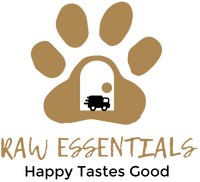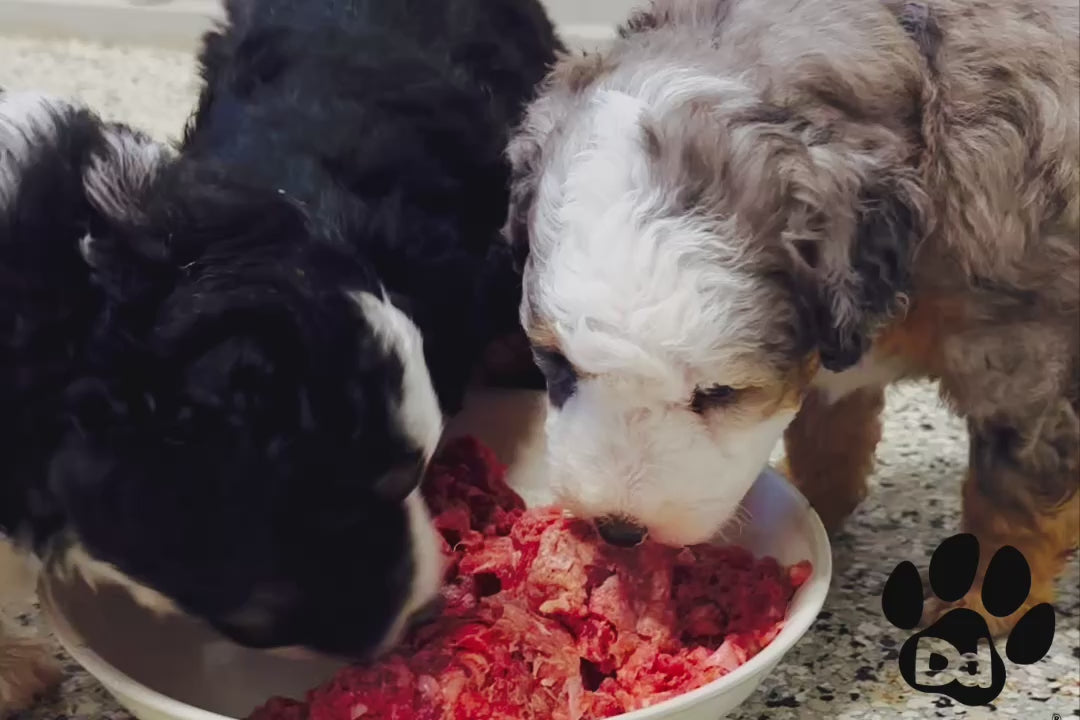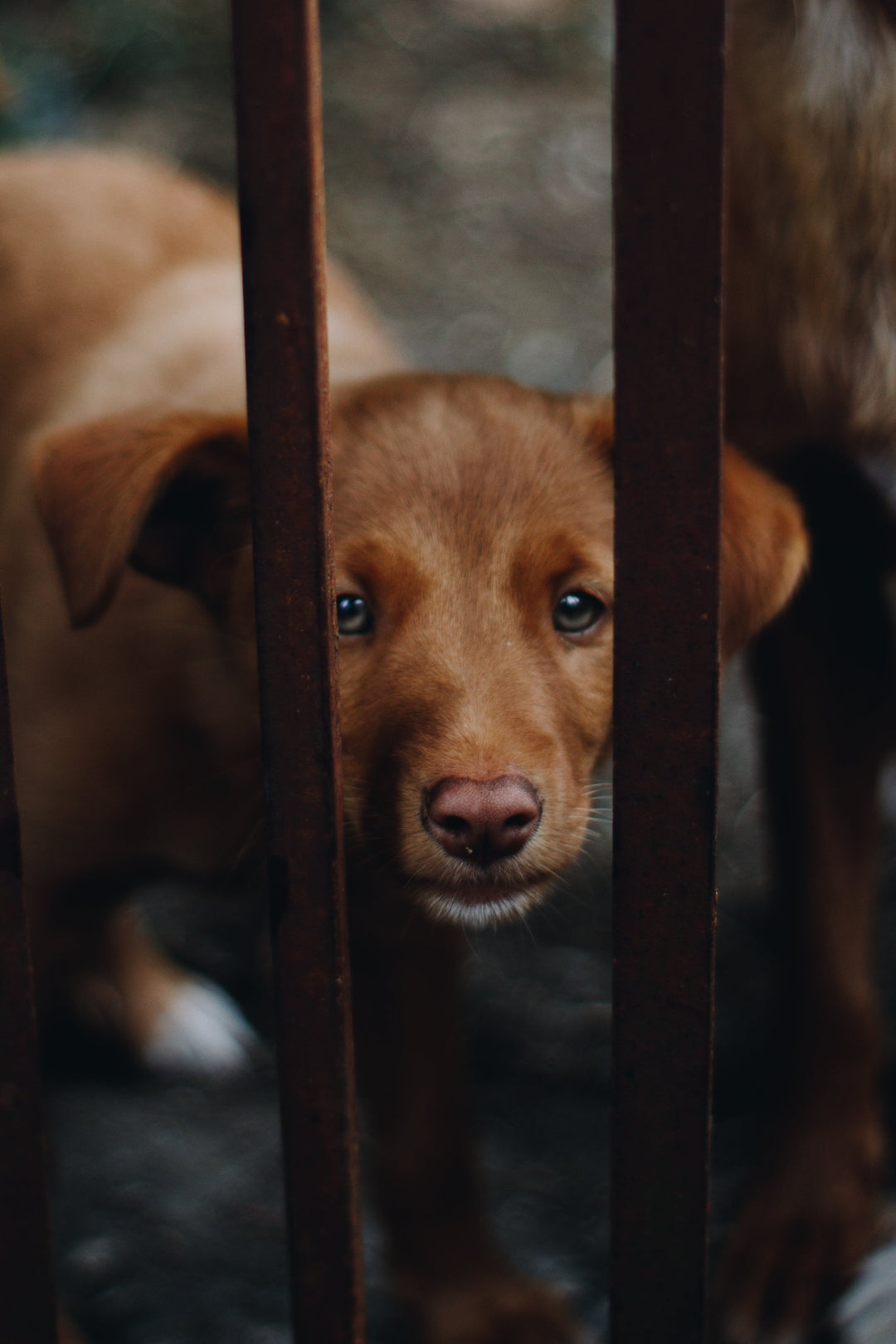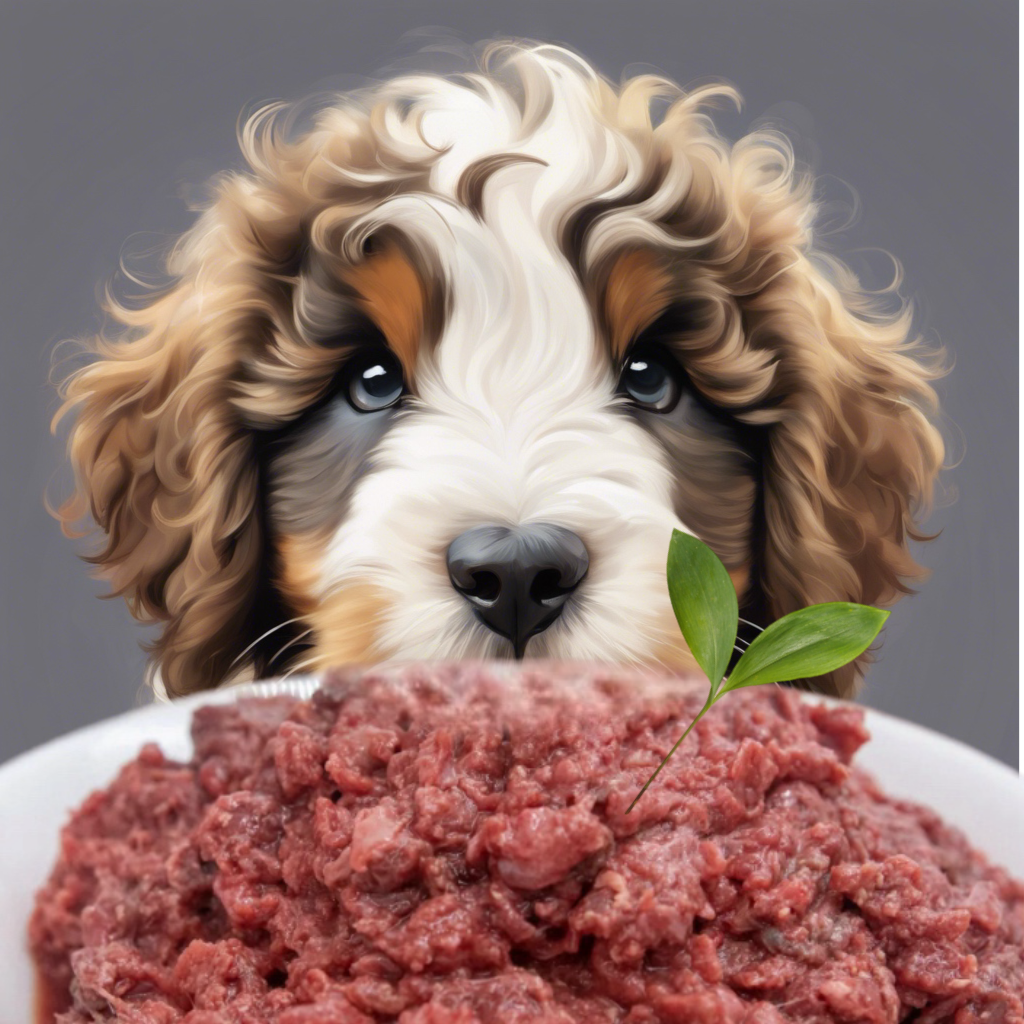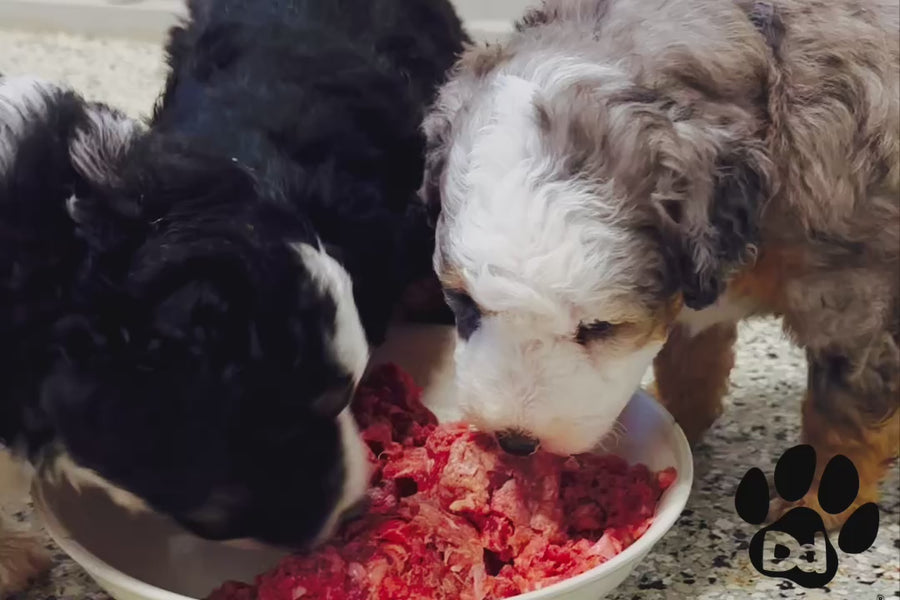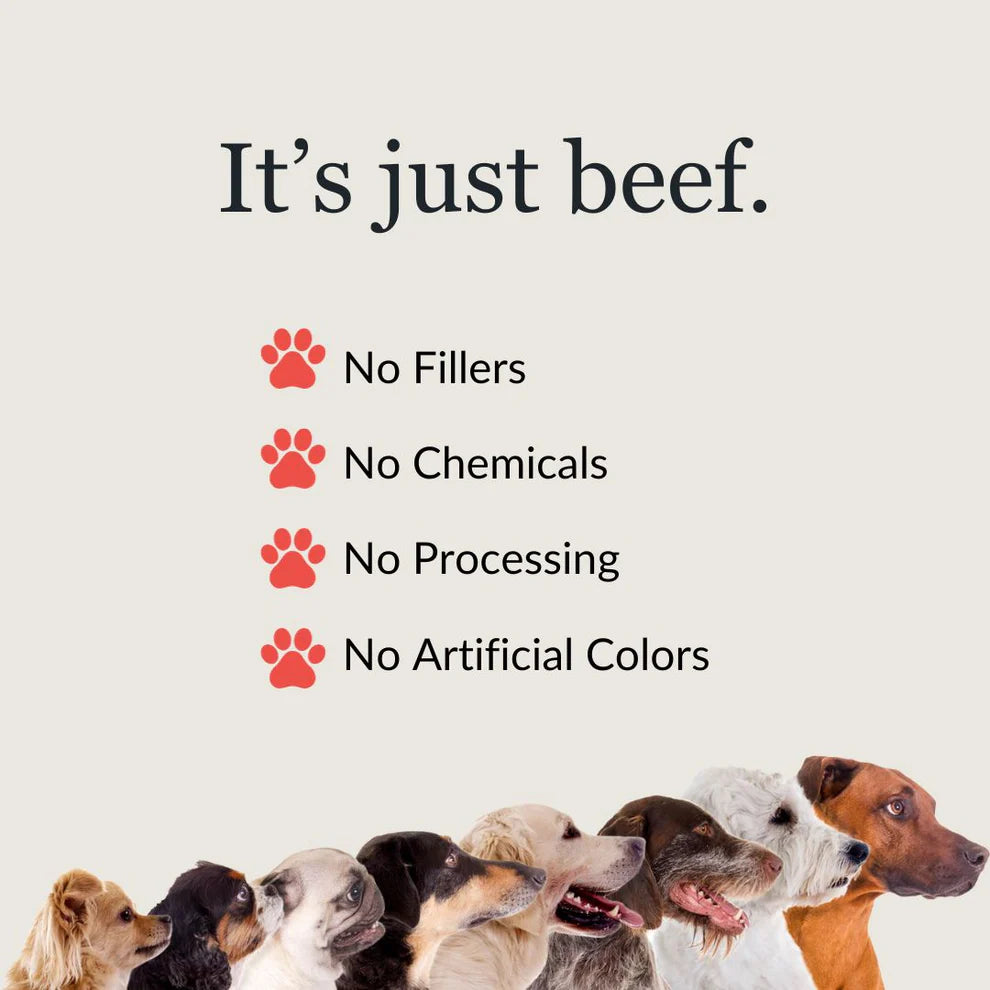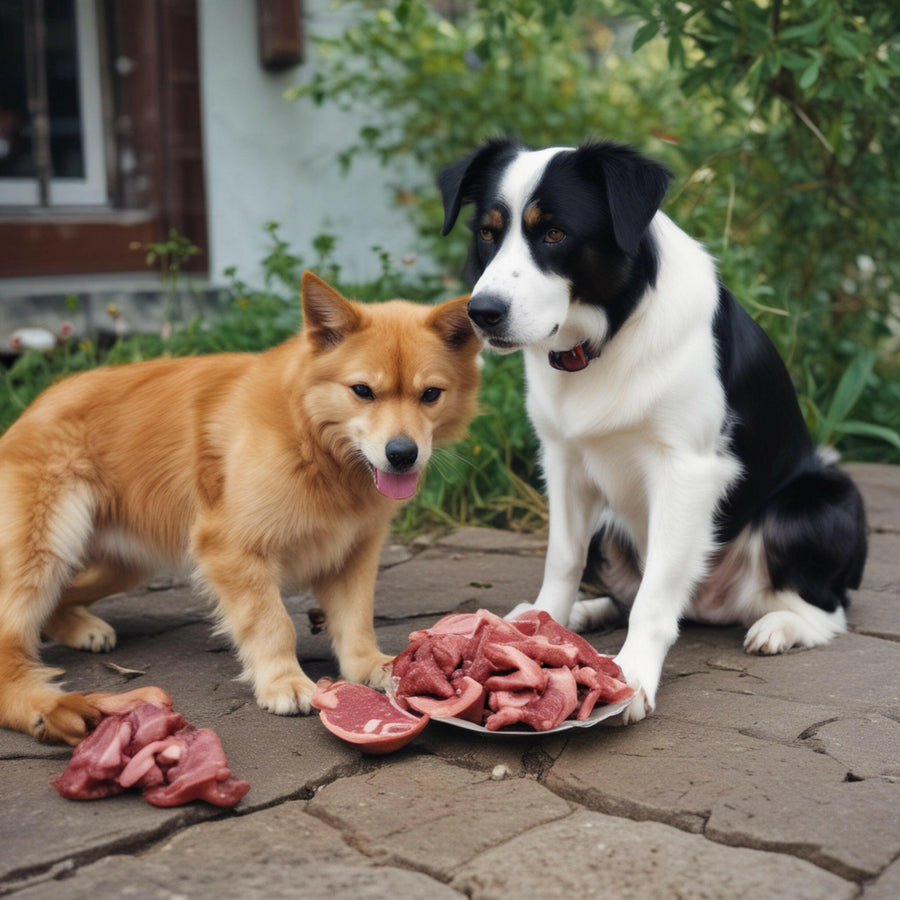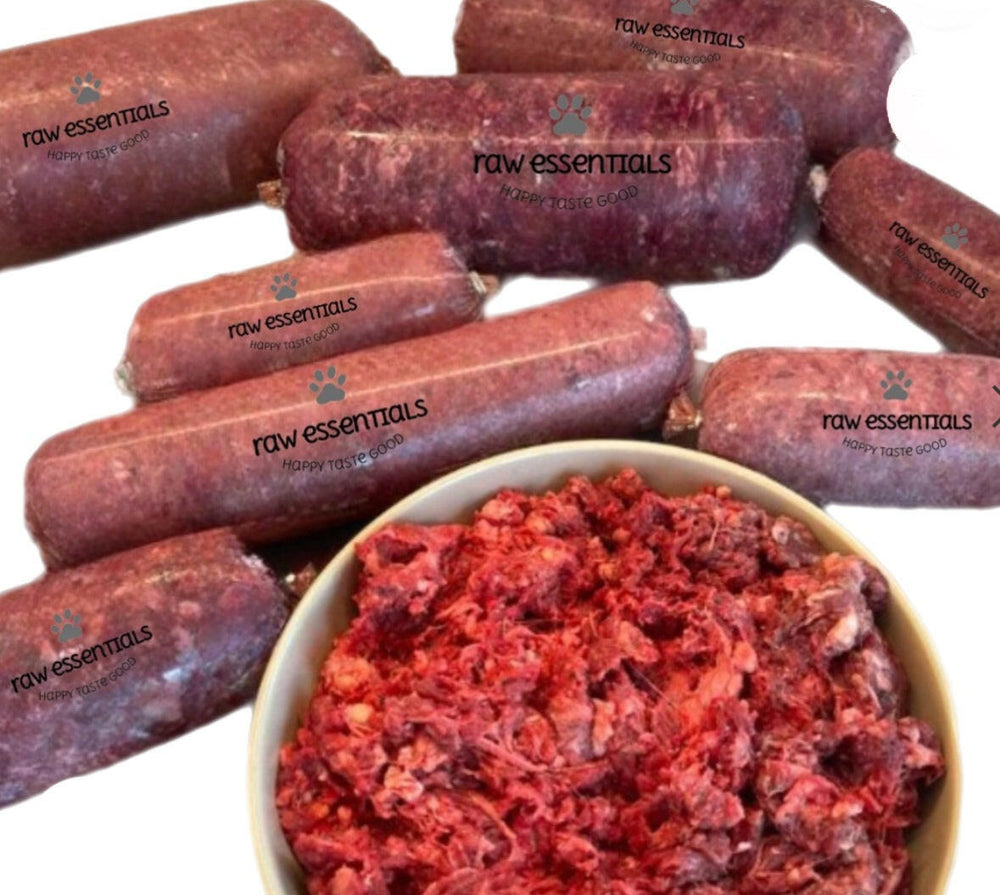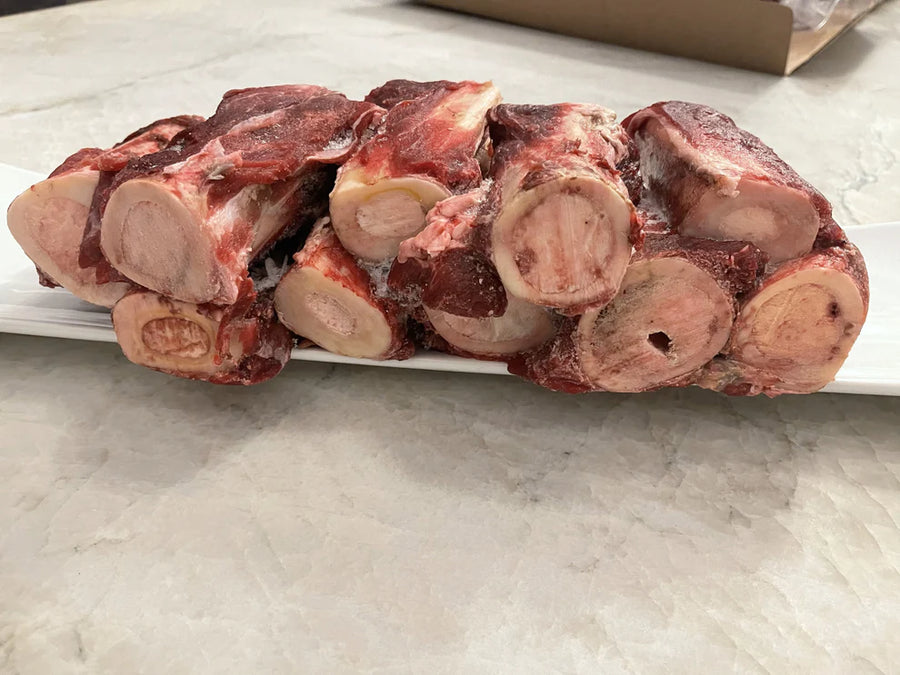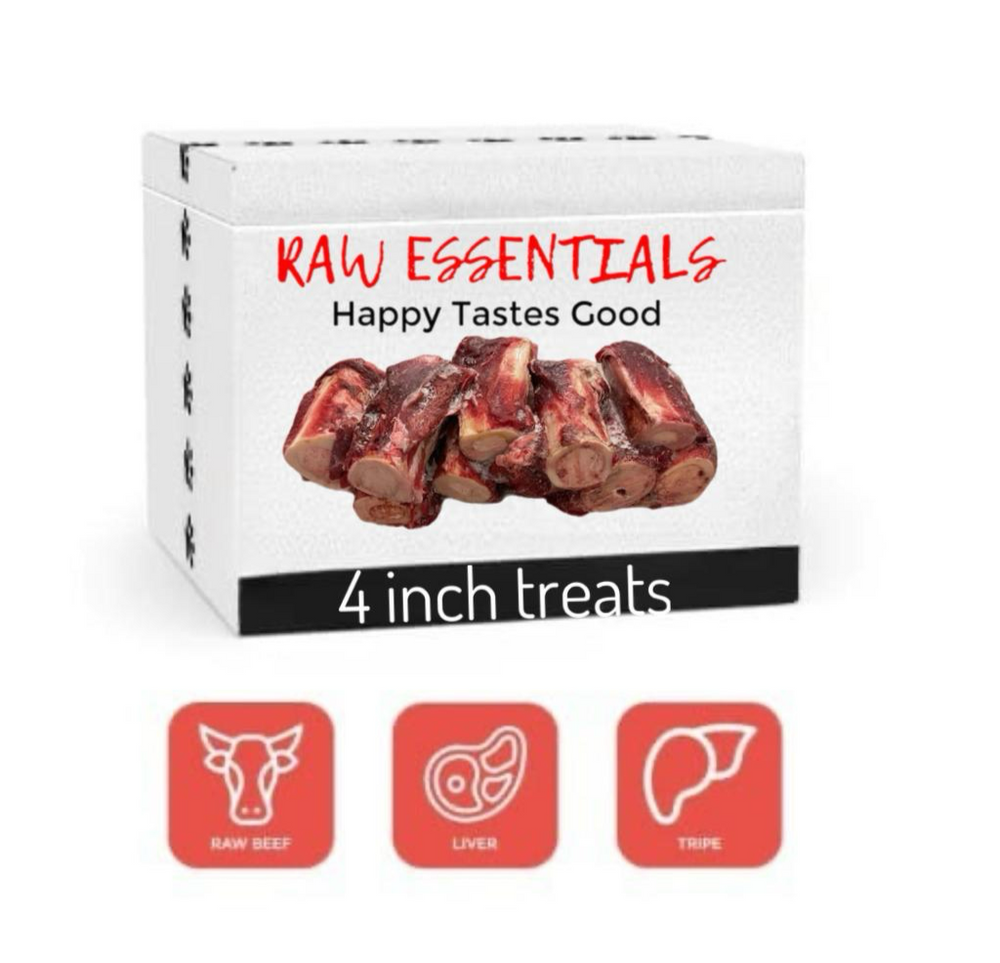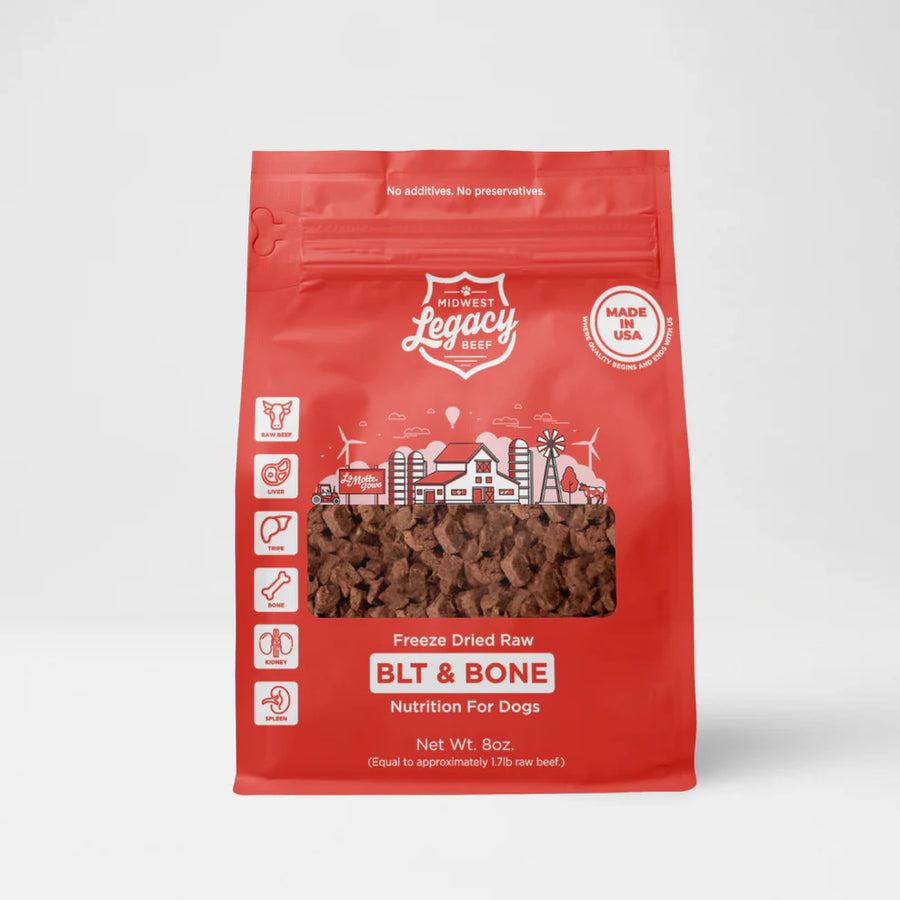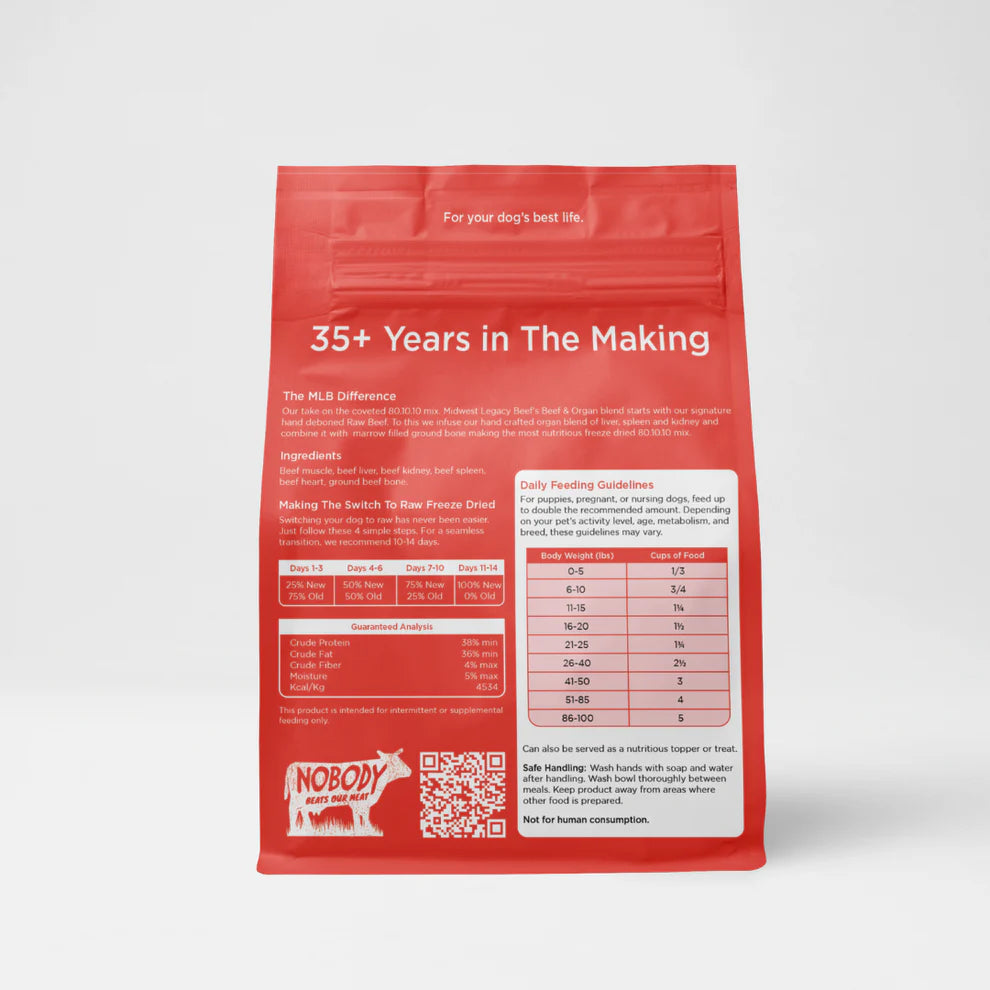Bernedoodle Feeding Guide
Standard Bernedoodle Feeding Guide and Chart
Feeding your Standard Bernedoodle the right way is crucial. It ensures they grow healthy and strong.
But how much should you feed them? And what kind of food is best?
This guide will answer these questions. It provides a comprehensive Standard Bernedoodle feeding chart and guide.
You'll learn about the dietary needs of your Bernedoodle. From puppyhood to adulthood, we've got you covered.
We'll also discuss the importance of a balanced diet. And how to choose the right food for your furry friend.
 by Brooke Lark (https://unsplash.com/@brookelark)
by Brooke Lark (https://unsplash.com/@brookelark)
Understanding Your Standard Bernedoodle's Nutritional Needs
Standard Bernedoodles are a blend of Bernese Mountain Dogs and Poodles. They inherit traits and characteristics from both breeds. This mix influences their dietary needs.
A balanced diet is vital for their health. It supports their energy levels and helps prevent health issues. These dogs require a diet rich in protein, fats, and carbohydrates.
Protein plays a critical role in muscle development. Fats provide energy and support a glossy coat. Carbohydrates are essential for maintaining their vitality.
Water is also crucial for your Bernedoodle. They need access to fresh, clean water at all times. It's key for their hydration and overall health.
To create an effective diet, consider these factors:
- High-quality protein sources
- Essential vitamins and minerals
- Adequate fat content
- Optimal carbohydrate levels
These dietary components are necessary for a happy and healthy Bernedoodle. A well-rounded diet is your best ally.
The Role of Age, Weight, and Activity in Diet
A Bernedoodle's diet isn't static. It changes as they age and their lifestyle shifts. Puppies, adults, and seniors have different needs.
Young puppies need energy-rich meals. These support their rapid growth and development. As they mature, their energy needs change, requiring dietary adjustments.
Weight is another factor influencing their diet. A heavier dog will need more calories than a lighter one. It’s important to prevent overfeeding to avoid obesity, a common issue.
Activity levels also dictate dietary needs. Active dogs burn more calories and require more nutrient-dense food. In contrast, less active dogs need fewer calories to maintain a healthy weight.
Understanding the role of age, weight, and activity helps tailor a suitable feeding plan. This ensures that your Bernedoodle remains healthy throughout life.
Types of Food: Kibble, Wet, Raw, and Homemade
Choosing the right type of food is essential. The choices often boil down to kibble, wet food, raw diets, and homemade meals. Each has its pros and cons.
Kibble is convenient and easy to store. It usually contains balanced nutrients. However, some dogs may find it less tasty compared to other options.
Wet food can be more appetizing and hydrating. It's richer in moisture, which benefits dogs that need extra hydration. However, it can be expensive and less shelf-stable.
Raw diets are becoming popular. They focus on providing uncooked meat and bones. Proponents claim they offer more natural nutrition. Yet, preparation requires careful handling to avoid risks.
Homemade meals allow full control over ingredients. Owners can tailor meals to their dog’s specific needs. However, it demands effort to ensure nutritional balance.
Here’s a quick list of key considerations:
- Kibble: convenience, balanced, long shelf life
- Wet food: palatable, hydrating, pricier
- Raw diets: natural, requires careful prep
- Homemade: customizable, time-consuming
Choosing the right food is crucial for your Bernedoodle’s well-being. Tailor your choice to their needs and lifestyle.
Creating a Balanced Diet for Your Bernedoodle
Crafting a balanced diet for your Bernedoodle is fundamental. It ensures they receive the necessary nutrients to thrive. Good nutrition supports their energy, coat health, and overall vitality.
Protein is a building block for dogs. It should come from high-quality sources like chicken or fish. Adequate protein intake helps maintain muscle mass and promotes growth.
Fats are equally important. They provide the calories needed for your Bernedoodle’s active lifestyle. Omega fatty acids, found in sources like fish oil, are beneficial for coat health.
Carbohydrates provide energy and aid digestion. Include wholesome grains or vegetables. These support a balanced diet and keep your dog energetic.
Regularly assess your dog’s nutritional needs. Adjust their diet as they grow and activity levels change. Keeping their diet balanced ensures long-term health and happiness.
Essential Nutrients for a Healthy Bernedoodle
Standard Bernedoodles require a mix of nutrients for optimal health. It’s crucial to understand the roles each nutrient plays.
Protein is first and foremost. It’s essential for muscle development and repair. Look for foods that list meat as a primary ingredient.
Fats are important for brain health and energy. Omega-3 and omega-6 fatty acids are particularly beneficial. They help maintain a healthy, shiny coat.
Carbohydrates are needed for energy. Opt for complex carbs like brown rice or sweet potatoes. These support digestive health and provide sustained energy.
Vitamins and minerals support bodily functions. Vitamin A is crucial for vision, while calcium strengthens bones. A varied diet ensures your dog receives these essential nutrients.
Here’s a quick checklist of essential nutrients:
- High-quality protein (chicken, beef, fish)
- Essential fats (omega-3, omega-6)
- Complex carbohydrates (whole grains, vegetables)
- Vitamins and minerals (calcium, vitamin A)
Providing a range of these nutrients promotes your Bernedoodle’s health. It ensures they live a vigorous life.
Reading Dog Food Labels: What to Look For
Understanding dog food labels is crucial. It helps you choose the best product for your Bernedoodle. Start by checking the ingredient list.
Ingredients are listed by weight. Look for meat as the first ingredient. This indicates a high protein content, essential for your dog.
Avoid foods with fillers like corn or soy. These offer little nutritional benefit. Instead, choose products with whole grains and vegetables.
Look for indicators of quality. Terms like "complete and balanced" mean the food meets standards. These labels ensure your Bernedoodle receives essential nutrients.
Finally, check for additives. Avoid artificial flavors, colors, and preservatives. These can be harmful over time. Prioritize food with natural ingredients for a healthier diet.
Standard Bernedoodle Puppy Feeding Guide
Feeding a Bernedoodle puppy requires special attention. Their nutritional needs are distinct and crucial for healthy development. The right diet will support growth and immune function.
Begin with high-quality puppy food. It should be rich in protein and essential fats. These nutrients promote muscle growth and energy for playful days.
It's important to maintain a feeding schedule. Puppies thrive on routine, helping them adjust to meal times and develop healthy habits. This consistency aids digestion and training.
Monitoring portion sizes is key. As your puppy grows, their food intake needs to be adjusted. Consult your vet regularly to ensure your puppy is on track.

Feeding Chart for Puppies: 8 Weeks to 6 Months
To support your Bernedoodle's rapid growth, follow a feeding chart. It outlines quantities based on age and weight. Proper guidance ensures balanced development.
Start with small, frequent meals at eight weeks. Three to four times a day is ideal. As your puppy grows, adjust the frequency and portion size.
A sample feeding chart could look like this:
- 8-12 weeks: 3 meals a day, each with ½ cup of food
- 3-4 months: 3 meals a day, each with 1 cup of food
- 4-6 months: 2 meals a day, each with 1½ cups of food
Portion size varies by brand and specific growth rates. Always check food packaging and consult with a vet. Regularly monitor your puppy’s weight and adjust as needed.

Transitioning to Adult Dog Food
Transitioning your Bernedoodle from puppy food to adult food is significant. It usually happens around 12-15 months. This change is gradual to avoid digestive issues.
Begin by mixing adult food with puppy food. Start with a small amount, increasing it over ten days. This method reduces the risk of stomach upset.
Observe your dog's reaction to the new food. Watch for any signs of intolerance. Always ensure that the new diet meets their nutritional needs for continued health.
Adult and Senior Bernedoodle Feeding Schedules
As your Bernedoodle transitions from puppyhood to adulthood, their diet needs adjustment. Adult dogs require a balanced diet tailored to maintain their health and energy levels. They typically eat one to two meals daily, depending on their activity and health.
Developing a consistent feeding schedule is crucial. Regular mealtimes help regulate digestion and prevent overeating. It's also a great opportunity to reinforce training and bond with your pet.
Portion sizes for adult Bernedoodles depend on their weight and activity level. Always read labels and consult your vet. Overfeeding can lead to obesity, which is a common issue in large breeds like Bernedoodles.
Below is a feeding schedule guide for adults:
- 1-3 years: 2 meals per day, about 2-3 cups total
- 4-6 years: 1-2 meals per day, depending on activity
- 7+ years: 1 meal per day, adjusted for senior needs
by Taylor Grote (https://unsplash.com/@taylor_grote)
Adjusting Food Portions for Adult Dogs
Ensuring your adult Bernedoodle gets the right food portion is vital. Adult dogs' metabolisms differ from those of puppies, requiring less frequent meals but not less nutrition.
Begin with the portions recommended on the dog food label, and adjust based on weight and activity level. Active Bernedoodles may need more calories, while less active ones will need fewer to avoid weight gain.
Regular weight checks help adjust food portions. If your dog gains or loses weight rapidly, consult your vet to reassess portion sizes.
Senior Bernedoodle Dietary Considerations
As Bernedoodles age, their dietary needs change. Senior dogs often require fewer calories due to slower metabolisms. However, they still need a nutrient-rich diet to support health.
Switch to senior-specific dog food, which often contains fewer calories and added joint support ingredients. These help manage the effects of aging.
Pay close attention to your senior dog’s weight and health. Regular vet visits can ensure they maintain a healthy diet that suits their age-related needs. This adjustment can aid in enhancing quality of life during their senior years.
Monitoring Your Bernedoodle's Health and Diet
Monitoring your Bernedoodle's health closely is crucial for their well-being. Regular assessments of their diet and physical condition help maintain their health. Observing changes ensures any nutritional gaps or health issues are addressed promptly.
Watch for consistent energy levels throughout the day. A healthy Bernedoodle usually maintains a balanced weight and exhibits enthusiasm during playtime. Changes in these areas might suggest dietary adjustments are needed.
Pay attention to your dog's coat condition and stool consistency. A shiny coat and firm stools indicate good health. Sudden changes in these can signal dietary issues that might require intervention.
Staying alert to these indicators helps ensure your Bernedoodle thrives. Regular dietary evaluations, combined with a balanced feeding plan, contribute to their overall wellness.
Signs of Proper Nutrition and Common Issues
Proper nutrition manifests in various aspects of your Bernedoodle's health. Look for a lustrous coat, bright eyes, and robust energy levels. These signs typically indicate their diet meets nutritional needs.
Conversely, watch for signs of nutritional imbalance. Dull fur, lethargy, or inconsistent stool can indicate dietary concerns. Addressing these early ensures quick rectification and prevents further complications.
Other warning signs include weight gain or loss and excessive shedding. Recognizing these issues involves adjusting portions and possibly the type of food provided. Often, minor tweaks lead to significant health improvements.
By staying attentive to these details, you can ensure your Bernedoodle remains healthy and vibrant. Always be proactive in addressing any signs of nutritional deficits or excesses.
The Importance of Veterinary Check-Ups
Regular veterinary check-ups are vital for maintaining your Bernedoodle's health. These visits ensure your dog's diet and overall health are on track. They also provide an opportunity to discuss any concerns you may have.
Vets can offer valuable insights into your dog's nutrition needs. They can help adjust the diet as your dog ages or if health issues arise. Regular health screenings catch conditions early, allowing for timely dietary modifications.
Keeping consistent veterinary appointments helps you stay informed about your Bernedoodle's health. Through professional guidance, you can make informed decisions about their diet and care, leading to a happier, healthier pet.
Additional Feeding Tips and Best Practices
Feeding your Standard Bernedoodle involves more than just providing food. Implementing best practices contributes to their overall health. Consistency, quality, and mindfulness are key factors in a successful feeding routine.
Create a set dog feeding schedule to maintain digestive regularity. Dogs thrive on routine, which also aids in training and behavioral stability. A predictable schedule can improve their disposition and response to daily activities.
Be mindful of portion sizes to prevent overfeeding. Use a precise scale or measuring cup for accuracy. Remember that portion sizes may vary based on age, activity level, and health status.
Here are some additional tips to consider:
- Use appropriate food bowls to avoid strain.
- Introduce new foods gradually to avoid stomach upset.
- Provide fresh water at all times.
These practices ensure that your Bernedoodle remains healthy and content, making mealtime a pleasure.
Treats, Human Foods, and Foods to Avoid
Treats play an essential role in training but must be given wisely. Opt for treats that complement the Bernedoodle diet without overloading on calories. Treat moderation is crucial to maintain a healthy weight.
Some human foods are safe in small amounts, but many are best avoided. Foods like lean meats, apples, and carrots can be occasional treats. However, beware of common toxic foods that can harm your dog.
Foods to avoid include:
- Chocolate
- Grapes and raisins
- Onions and garlic
Avoiding these hazardous foods protects your dog from potential health issues. Understanding what your Bernedoodle can and cannot consume is imperative.
Dealing with Picky Eaters and Food Allergies
Some Bernedoodles can be surprisingly selective with their meals. Addressing a picky eater requires patience and a variety of solutions. Experiment with food textures and flavors to discover their preferences.
Food allergies can also cause appetite issues. Observe for signs such as itching or digestive distress. An elimination diet might help identify the specific allergen.
Consult your vet if you suspect allergies. A professional assessment will provide guidance for a dietary change, ensuring your Bernedoodle's comfort and satisfaction.
The Role of Exercise in Your Dog's Diet
Exercise significantly influences your Bernedoodle's dietary needs. Regular physical activity boosts metabolism and supports a healthy weight. Tailoring diet with exercise levels ensures balanced caloric intake.
Monitor your dog's activity to adjust their food portions accordingly. High energy levels may necessitate increased portions. Conversely, less active dogs might require fewer calories.
Exercise and diet work hand in hand to support your dog's overall wellness. Providing the right nutrients for their activity level prevents obesity and promotes longevity. Maintaining this balance is crucial for their well-being.
FAQs About Feeding Your Standard Bernedoodle
Feeding a Standard Bernedoodle often raises questions among pet owners. Here are some frequently asked questions to help clarify common concerns.
How much should I feed my Bernedoodle?
Portion sizes depend on age, weight, and activity level. Puppies need more calories, while adults stabilize their intake. Consult with your vet for personalized guidance.
What type of food is best?
A balanced diet can include kibble, wet, or raw food. Consider nutritional balance and quality. Each type offers different benefits and conveniences, catering to varying dietary needs.
Can I give my Bernedoodle leftovers?
While tempting, table scraps can lead to unhealthy weight gain and dietary imbalance. Stick to dog-specific treats and meals to ensure a consistent diet.
Is a grain-free diet necessary?
Grain-free diets aren't essential unless your dog has specific allergies. Whole grains are beneficial and provide essential nutrients. Always consider professional advice before making any major dietary changes.
Answering these questions helps ensure your Bernedoodle receives proper nutrition, contributing to their well-being and happiness.
Conclusion and Downloadable Feeding Chart
Feeding your Standard Bernedoodle correctly ensures they live a long, healthy life. A balanced diet is vital for energy, growth, and overall health. It also supports their unique nutritional needs.
Understanding their dietary requirements as they age helps prevent common health issues. Stay informed and observant about their health and dietary adjustments. It strengthens your dog's well-being and keeps them happy.
For ease, we've created a downloadable feeding chart. This handy tool guides portion sizes and feeding schedules. Tailored to different life stages, this chart is an essential resource for every Bernedoodle owner.

Remember, your Bernedoodle relies on you for their health and happiness. Thoughtful feeding choices and regular veterinary visits ensure they thrive. Use our feeding chart to make informed decisions about their diet and nutrition
